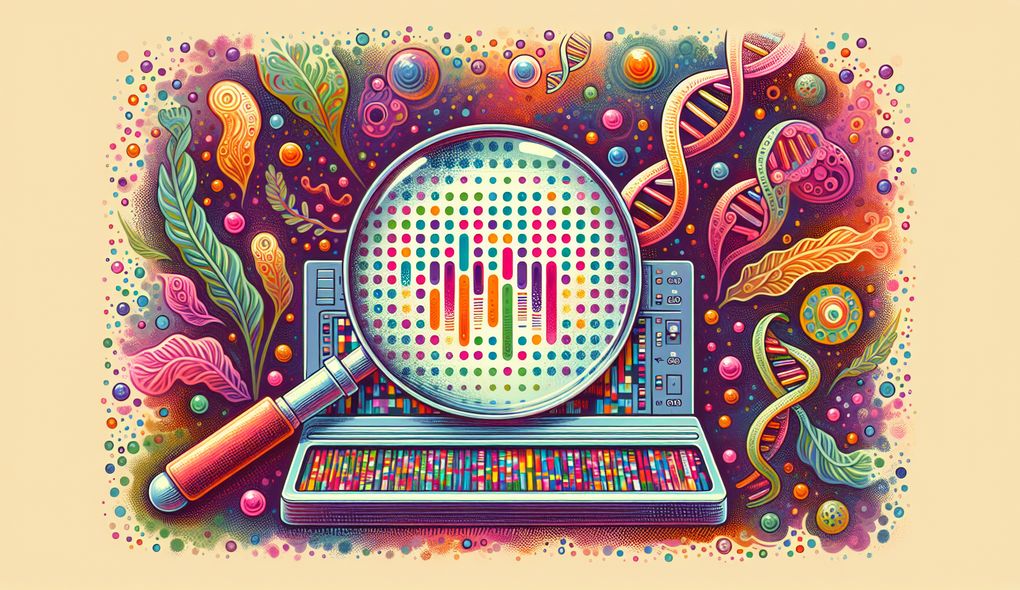How do you handle challenges in your analyses and problem-solving process?
INTERMEDIATE LEVEL
Sample answer to the question:
When I face challenges in my analyses and problem-solving process, I approach them with a systematic and methodical approach. First, I thoroughly analyze the problem to understand its underlying causes and potential solutions. Then, I break down the problem into smaller, manageable parts and prioritize them based on their importance and impact. I use my critical thinking skills to evaluate different options and choose the best course of action. Throughout the process, I pay close attention to detail to ensure accuracy in my analyses. Additionally, I am not afraid to seek help or collaborate with team members if needed. I believe that teamwork and collaboration can lead to innovative solutions to complex challenges.
Here is a more solid answer:
When faced with challenges in my analyses and problem-solving process, I have developed a robust approach to address them effectively. Firstly, I thoroughly analyze the problem by examining the available data and understanding the context. This helps me identify the underlying causes and potential solutions. Then, I break down the problem into smaller, more manageable parts, which allows me to prioritize and tackle them systematically. For each part, I apply appropriate methodologies and tools, such as statistical analysis and data visualization, to gain meaningful insights. Throughout the process, I maintain a keen eye for detail to ensure accuracy in my analyses. Moreover, I continuously adapt my strategies based on the unique requirements of each challenge. I believe that collaboration is key in problem-solving, so I actively seek input from team members and engage in discussions to explore diverse perspectives and generate innovative solutions.
Why is this a more solid answer?
The solid answer provides more specific details about the candidate's approach to handling challenges in analyses and problem-solving. It includes a step-by-step methodology, mentions the use of statistical analysis and data visualization, and highlights the ability to adapt strategies. However, it can still be improved by providing specific examples of challenges faced and how they were overcome.
An example of a exceptional answer:
In my analyses and problem-solving process, I thrive on challenges as they provide opportunities for growth and learning. When faced with a challenge, I begin by thoroughly understanding the problem, its root causes, and the desired outcomes. This involves conducting a comprehensive literature review, consulting with domain experts, and analyzing relevant data. I employ a combination of methodologies, such as hypothesis testing, machine learning algorithms, and network analysis, to effectively address the challenge. For instance, in a recent project, I encountered a complex dataset with missing values. To overcome this challenge, I implemented multiple imputation techniques and validated the results to ensure accuracy. I am also skilled in using bioinformatics software, such as R and Python, to perform advanced analyses and visualize results. Throughout the process, I maintain a high level of attention to detail, meticulously checking for errors and inconsistencies. Additionally, I actively seek feedback from colleagues and mentors to ensure the robustness of my analyses. By leveraging my strong problem-solving skills, collaboration with team members, and adaptability to different situations, I have successfully overcome numerous challenges in my analyses and delivered impactful insights.
Why is this an exceptional answer?
The exceptional answer provides a comprehensive and detailed response to how the candidate handles challenges in analyses and problem-solving. It showcases the candidate's ability to employ a wide range of methodologies, adaptability, attention to detail, and collaboration with others. Moreover, it includes a specific example of a complex dataset and how the candidate addressed the challenge. This answer demonstrates the candidate's expertise and ability to overcome challenges effectively.
How to prepare for this question:
- Keep up to date with the latest advancements in bioinformatics, molecular biology, and genomics to enhance your problem-solving skills.
- Familiarize yourself with various statistical analysis techniques and data visualization tools commonly used in analyzing genomic data.
- Practice breaking down complex problems into smaller, manageable parts and prioritize them based on their importance and impact.
- Develop proficiency in bioinformatics software and tools, such as R, Python, and database management, to perform advanced analyses.
- Seek opportunities to collaborate with others and engage in discussions to enhance your teamwork and collaboration skills.
- Practice attention to detail by meticulously checking for errors and inconsistencies in your analyses.
- Stay curious and continuously seek learning opportunities to broaden your analytical skills and stay ahead in the field of microarray analysis.
What are interviewers evaluating with this question?
- Problem-solving
- Attention to detail
- Teamwork and collaboration
